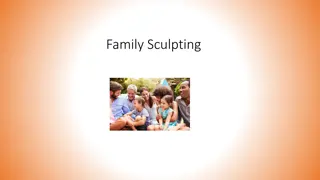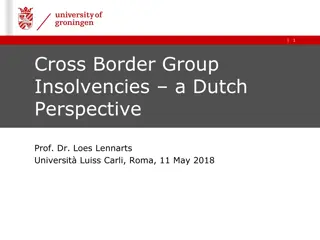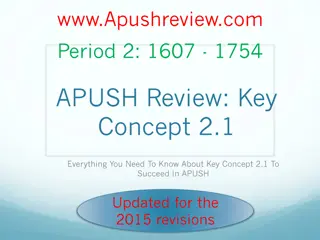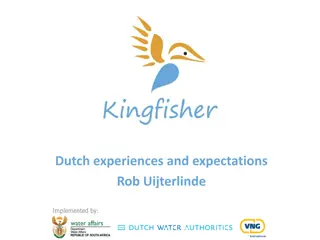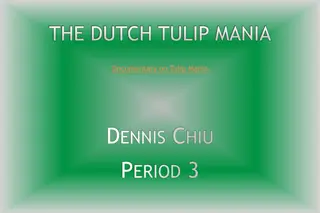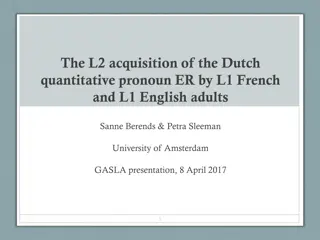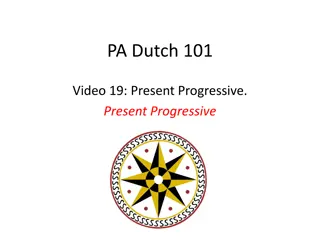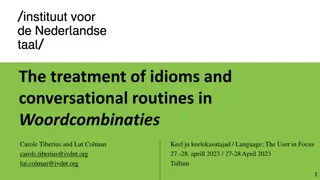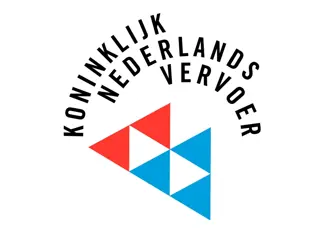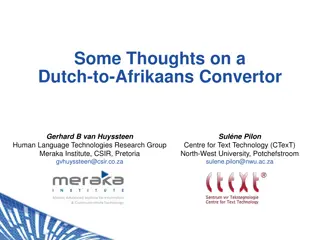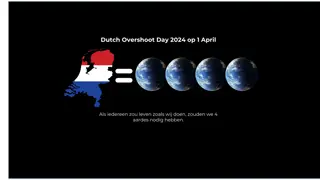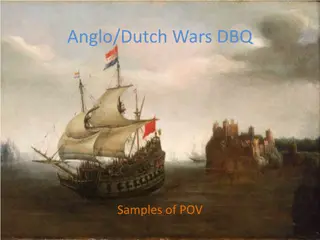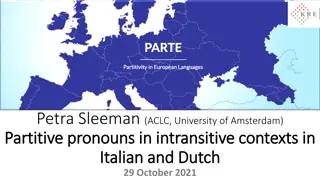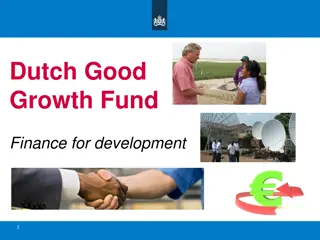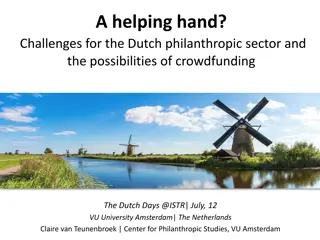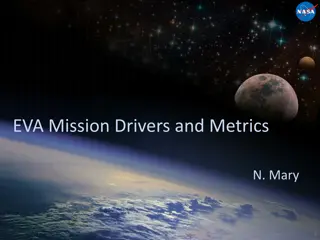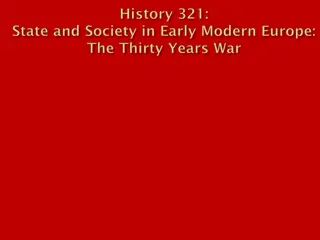Re-imagining Mission in Dutch Reformed Family: Insights and Challenges
Explore the complexities of re-imagining mission within the Dutch Reformed family through the lens of scholars like Prof. Klippies Kritzinger and experiences shared by Nico Smith. Delve into the concepts of social location, ecclesial imaginary, and freedom for mission as they intersect with personal convictions and societal norms, prompting reflections on faith, freedom, and practice.
Download Presentation

Please find below an Image/Link to download the presentation.
The content on the website is provided AS IS for your information and personal use only. It may not be sold, licensed, or shared on other websites without obtaining consent from the author. Download presentation by click this link. If you encounter any issues during the download, it is possible that the publisher has removed the file from their server.
E N D
Presentation Transcript
Re-imagining mission in the Dutch Reformed family Prof Klippies Kritzinger
Nico Smith (1963) When I announced that I had to leave, Barth asked me if he could ask me a personal question... His question was whether I was personally free to preach the gospel in South Africa. Naturally my immediate answer was that freedom of religion was enshrined in the South African Constitution. Everybody was free to proclaim his religious beliefs. Barth reacted immediately. His question was not concerned with freedom of religion. He wanted to know whether I would feel free to preach what I discovered in the Bible if it differed from what my family or friends believed. I was caught slightly off guard and replied that I had not yet encountered such an instance in the Bible and didn t know whether I would proclaim it openly if that should happen to me.
Barth leant forwards towards me and said: It can still become very much more difficult when you encounter principles in the Bible which are directly at variance with what the government of your country is doing. Would you then be prepared to proclaim this openly? I could only answer that I had no idea how I would handle such a situation. Barth ended the discussion and took very friendly leave of me (Smith 2010).
Ecclesial imaginary A social imaginary is not a set of ideas ; rather it is what enables, through making sense of, the practices of a society (Charles Taylor). An ecclesial imaginary is not a set of ideas about the church; it is what enables the practices of the church by making sense of them.
Freedom for mission (1) At that time some Pharisees came to Jesus and said to him, "Leave this place and go somewhere else. Herod wants to kill you." He replied, "Go tell that fox, 'I will keep on driving out demons and healing people today and tomorrow, and on the third day I will reach my goal. In any case, I must press on today and tomorrow and the next day -- for surely no prophet can die outside Jerusalem! (Luke 13:31-32).
Freedom for mission (2) Though I am free and belong to no one, I have made myself a slave to everyone, to win as many as possible. To the Jews I became like a Jew, to win the Jews. To those under the law I became like one under the law (though I myself am not under the law), so as to win those under the law. To those not having the law I became like one not having the law (though I am not free from God's law but am under Christ's law), so as to win those not having the law. To the weak I became weak, to win the weak. I have become all things to all people so that by all possible means I might save some (1 Cor 9:19-22 NIV).
DEIC prayer O merciful and gracious God and heavenly Father, since it has pleased your Divine Majesty to call us to manage the affairs of the General United Chartered Dutch East-India Company here at the Cape of Good Hope, and since we are gathered with our attendant Council to that end in your holy Name, in order to take, on the advice of the said Council, such resolutions as may best advance the interests of the aforesaid Company, maintain justice, and in time (if possible) plant and extend your true Reformed Christian Doctrine among these wild, brutal people,
to the glory and honour of your holy Name and to the benefit of our Principalen), which we cannot achieve at all without your gracious help. We pray, therefore, O most merciful Father, be present among us with your Fatherly wisdom, presiding at our meetings to enlighten our hearts so that we may be shielded from all sinful passions, misunderstandings and other similar defects, in order that our hearts may be pure of all human failings and that all our deliberations, intentions and resolutions may serve only the magnification and glory of your most holy Name and the benefit of our Lords and Masters, Lords Principal (Hren
without in any way being concerned about our own advantage or individual profit, but only about what is necessary for the execution of our duties and our salvation, we pray and desire this in the Name of your most beloved Son, our Saviour and Redeemer Jesus Christ, who taught us to pray: Our Father (adapted from Leipoldt 1936:101f).
The Church [DRC] is deeply convinced that God in his wise counsel ordained it such that the first white citizens of this southern outpost of this dark continent of Africa would be men and women of deep religious conviction, so that they and their progeny would be the bearers of light for this continent, and therefore regards it as the special privilege and responsibility of the Dutch Reformed Church of South Africa to bring the gospel to the pagans of this country (1938 DRC mission conference, in Saayman 2007:106). The original colonist members of the DRC arrived here with a strong missionary vocation (Saayman 2007:139).
Rev M.C. Vos Since my wife (echtvriendin), due to a weak constitution (een zwak zenuwgestel), could not get along with any slaves (without whom one cannot exist here) and was always fearful, she longed back to Europe (Vos 1824 [1911]:137).
M.C. Vos God blessed our efforts, so that various people, including slaves, were made into legible letters of God s grace. And oh! What a pain for me! that I, due to a law in force here (with which I could never agree) could not make these people outwardly into Christians through Holy Baptism, even when God by his grace had made them Christians; the law did not expressly prohibit it, but stipulated that a baptised slave may not be sold. In that way the owners of slaves, who paid high prices for them, were prevented from giving permission for them to be baptised (Vos 1824 [1911]:137f).
M.C. Vos Thus one could not blame slave owners, especially those who were themselves poor, that they refused permission for their slaves to be baptised (Vos 1824 [1911]:137).
John Cradock to Lord Bathurst My LORD, I have to submit to your Lordship that I felt it to be my duty to repeal a Resolution of the Council of Batavia, passed the 10th April 1770, which, being the transfer or disposal of slaves who had been converted to Christianity, completely stopped the progress of the Christian religion among that class of persons, for it was not to be supposed that the Dutch inhabitants or others would encourage an exertion on this subject, whereby they were to suffer in their property. Until this repeal took place, every opposition will be given to the conversion of any slave upon his appearance at any church (1813).
Voss response to the repeal of the prohibition to sell baptised slaves [This was] certainly a great boon to these creatures [schepselen], through which their owners were not only not disadvantaged but in fact greatly advantaged, since Christian slaves are obviously better than heathen or Muhammadan ones. Oh that slavery may some day cease, and the buying and selling of human beings come to an end! But since that will not happen easily in this country even less likely now that people have to pay as much as ten thousand guilders or more (at 16 stuivers per guilder) for a slave I rejoice greatly that these poor creatures may now partake of the Supper of their Lord, as well as their masters and mistresses. (Vos 1824 [1911]:216)
The trajectory unfolds 1857 1881 1950 1957
Ecclesial imaginaries Agent of power Ally of profit Protector of purity
Two other white trajectories Activists in service and witness Silent, indifferent majority
Three black trajectories Loyal and compliant Dignified and comfortable Critical and activist
Ecclesial imaginaries Patriarchal family Stokvel Temple Communion of sodalities Theatre Company Dependent daughter Vanguard
Uniting processes needed Take up freedom for mission Adopt a multi-bilingual ethos Have iterative meetings across the fault lines Speak (and hear) the truth in love Read the signs of the times together Share resources Accept Black leadership Create uniting ministries at local level Develop: Convergent liturgies Joint catechetical material Shared ministerial formation
Christs Ascension Neglected and undervalued Crucified and risen Lord Not a reward Power doesn t corrupt Bright Morning Star Waking up to freedom Moving forward together
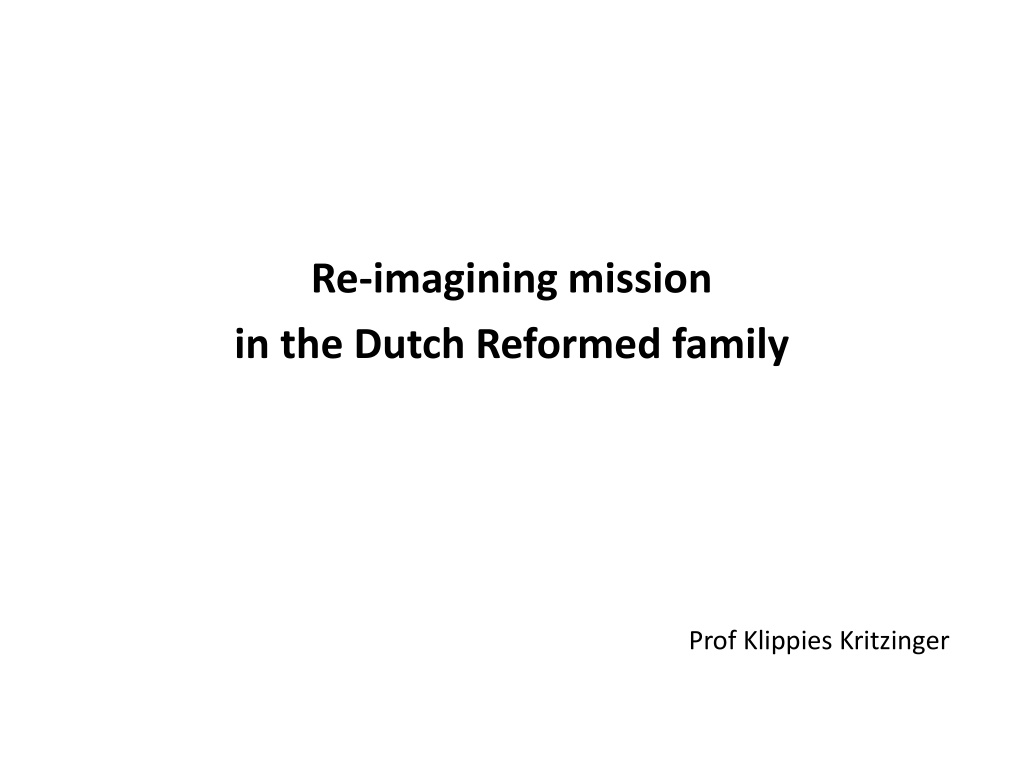



![READ [PDF] Scoring Position: Reformed Playboy Romance (Nashville Songbirds Book](/thumb/42222/read-pdf-scoring-position-reformed-playboy-romance-nashville-songbirds-book.jpg)

